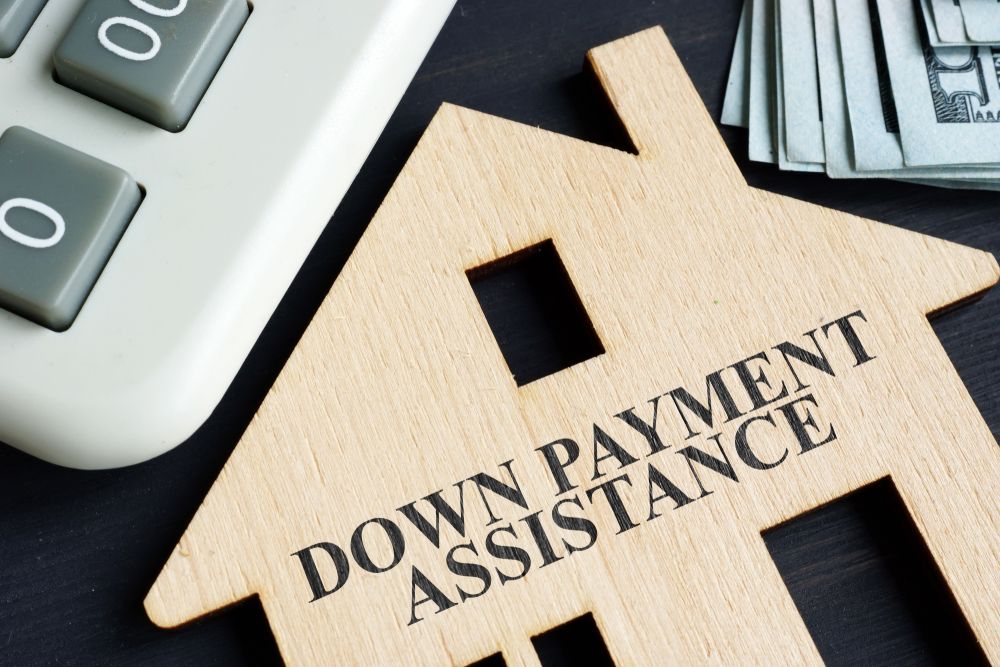
Welcome to the hopeful journey towards homeownership! In today’s economic climate, the dream of owning a home can feel like a distant reality for many. However, with Down Payment Assistance Programs (DPAPs), that dream can become much more achievable. These programs are designed to help buyers, particularly first-timers, overcome one of the most significant hurdles in the home-buying process: the down payment. In this article, we’ll explore how these programs work, the different types available, and how you can determine if you qualify for this valuable assistance.
Understanding Down Payment Assistance
Down payment assistance comes in many forms, but they all share a common goal: to help buyers cover the initial costs of purchasing a home. These programs can be funded by various sources, including federal and state governments, nonprofits, and local housing authorities. The assistance might consist of grants, low-interest loans, or even equity-sharing programs. What’s important to understand is that each program has its own set of rules, requirements, and benefits.
For example, some programs offer outright grants that do not need to be repaid, provided you live in the home for a certain number of years. Others might offer deferred-payment loans, which only need to be repaid when you sell, refinance, or pay off your primary mortgage. The terms can vary significantly from one program to another, so it’s crucial to research and understand the specifics of each.
Types of Down Payment Assistance Programs
There’s a variety of down payment assistance programs available, each with its own niche. Here are a few common types:
- First-Time Homebuyer Programs: These are specifically designed for those who have not owned a home in the past three years. They often come with favorable terms and additional support like homebuyer education courses.
- Income-Based Programs: Many DPAPs have income limits to ensure assistance goes to those who need it most. These programs might adjust the level of assistance based on your income as a percentage of the area median income (AMI).
- Location-Specific Programs: Some assistance is available only in certain locations, often to encourage people to buy homes in areas that need economic stimulation or revitalization.
- Profession-Specific Programs: There are programs aimed at helping certain professionals, like teachers, firefighters, and police officers, purchase homes as a way of building community ties.
- Matched Savings Programs: Also known as Individual Development Accounts (IDAs), these programs match the money you save towards a down payment, effectively doubling your savings.
Each type of program has its own application process and qualifications. It’s worth taking the time to understand which type of program best aligns with your circumstances.
Qualifying for Down Payment Assistance
Eligibility for down payment assistance can depend on a multitude of factors. The most common include:
- Income: You’ll likely need to fall below certain income thresholds, which can vary greatly depending on the program and the area you’re looking to purchase in.
- Credit Score: While some programs are more lenient, most will require a minimum credit score.
- First-Time Homebuyer Status: Many programs are available only to those who haven’t owned a home within the last three years.
- Property Location: Some assistance is tied to specific neighborhoods, cities, or counties.
- Education: Completion of a homebuyer education course is often a prerequisite for program eligibility.
Before you start your application, gather your financial documents, check your credit report, and consider taking a homebuyer education course to ensure you’re as prepared as possible.
Applying for Down Payment Assistance
Once you’ve identified a down payment assistance program that fits your needs, it’s time to apply. This process can be daunting, but preparation is key. Start by gathering all necessary documentation, which may include tax returns, pay stubs, bank statements, and employment verification.
Next, you’ll likely need to get pre-approved for a mortgage to show that you’re a serious buyer. Then, fill out the down payment assistance application carefully, double-checking for accuracy and completeness. Keep in mind that there may be application fees and that funds are often distributed on a first-come, first-served basis, so it’s important to apply as soon as you’re able.
Maximizing the Benefits of Down Payment Assistance
To make the most out of down payment assistance, combine it with other homebuyer programs. For instance, pairing DPAPs with an FHA loan can decrease your down payment requirement even further. Additionally, look into programs that offer complementary benefits like reduced mortgage insurance or lower interest rates.
Remember, some programs may have stipulations about the type of property you can purchase or require you to stay in the home for a certain period of time. Ensure you’re comfortable with these terms before moving forward.
Down payment assistance programs can be a game-changer for prospective homebuyers. They offer a much-needed boost to those who are ready to take the leap into homeownership but need a helping hand financially. If you think you might be eligible, take the time to research your options, understand the qualifications, and prepare your application. With the right assistance, the key to your new home could be closer than you think.
